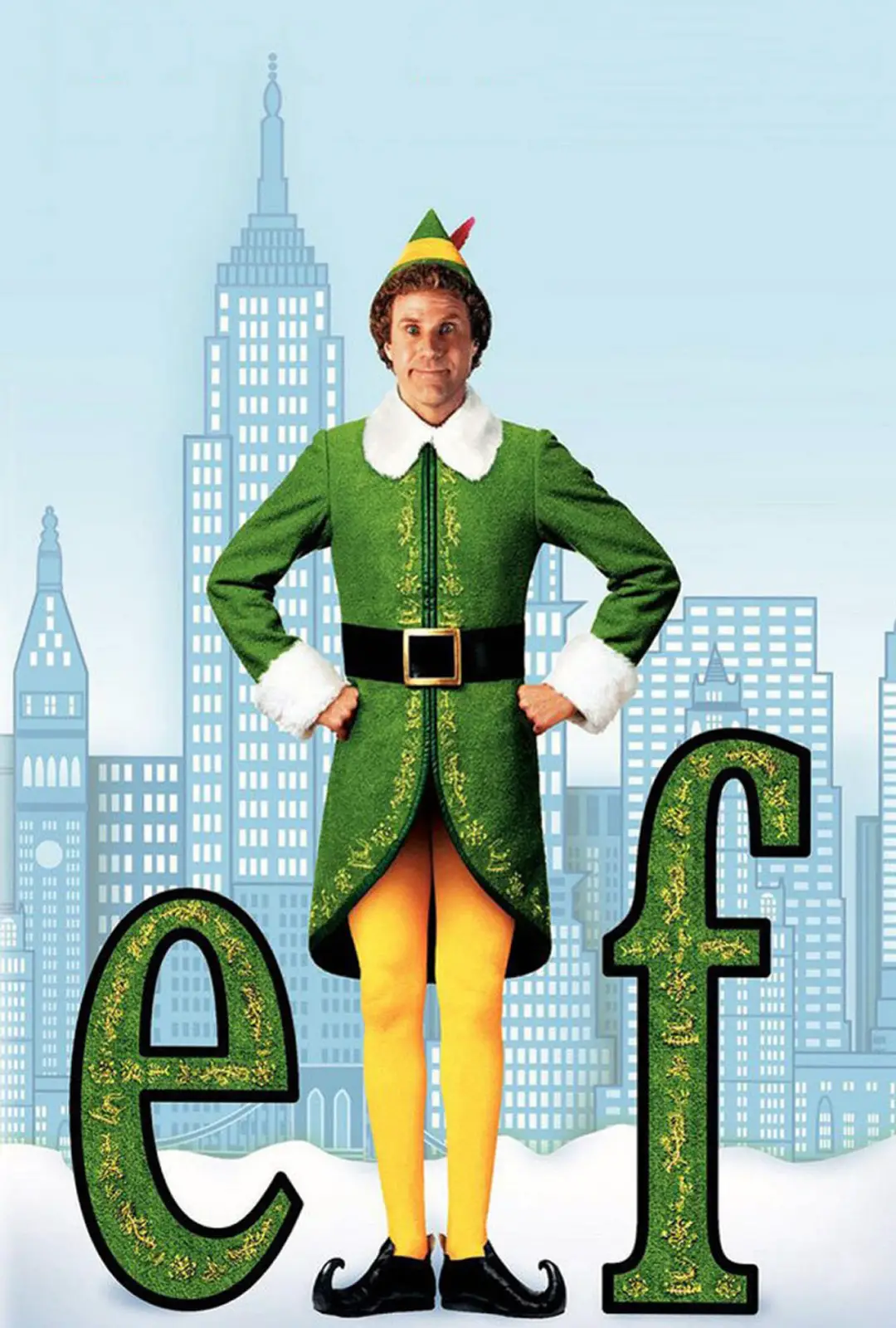E.l.f. Boycott Israel: What Consumers Are Discussing
Have you heard the chatter about e.l.f. Cosmetics and recent boycott calls? It's a topic that, you know, many people are talking about right now, especially those who care deeply about where their money goes. Consumers are increasingly looking for clear information from brands, and when questions come up about a company's stance or connections, people naturally want to get the full picture. This discussion around "e.l.f. boycott israel" isn't just about makeup; it's about values and making choices that align with what you believe in, basically.
For a lot of folks, their shopping choices are a way to express their views on important global matters. The beauty industry, with its wide reach, often finds itself at the center of these conversations, and e.l.f. Cosmetics, known for its affordable and cruelty-free products, is no exception. People are, like, really trying to figure out what's accurate and what's just online talk, so getting clear information is pretty important right now.
This article aims to help sort through the claims and provide some context around the "e.l.f. boycott israel" movement. We'll look at why these discussions are happening, what e.l.f. Cosmetics is all about, and how you, as a consumer, can approach this situation with facts. It's about empowering you to make informed decisions, you know, about your purchases, so you feel good about them.
Table of Contents
- The Heart of the Matter: Why the Boycott Calls?
- e.l.f. Cosmetics at a Glance: What the Brand Stands For
- Understanding Consumer Concerns and Online Discussions
- e.l.f.'s Response and Public Statements
- How to Stay Informed and Make Personal Choices
- Frequently Asked Questions About e.l.f. and the Boycott
- Moving Forward: Making Informed Consumer Decisions
The Heart of the Matter: Why the Boycott Calls?
The calls for an "e.l.f. boycott israel" stem from broader discussions happening globally, really, about corporate connections and geopolitical events. Social media platforms, in particular, have become key spaces where these kinds of conversations gain speed. People often share information, or what they believe to be information, about companies they feel are tied to certain conflicts or policies they disagree with. This movement is, you know, part of a larger push by consumers to use their spending power as a form of speaking up.
A lot of the time, these boycott calls start with claims going around online, which might link a company to a specific country or cause through various means. Sometimes it's about who owns the company, sometimes about money put into businesses, and other times it's about perceived quietness or things said. For e.l.f. Cosmetics, the "e.l.f. boycott israel" discussions seem to have gotten bigger as part of a wider movement encouraging consumers to think again about where they buy their products based on ethical considerations. It's, like, a really complicated situation that consumers are trying to figure out for themselves, so they can make good choices.
It’s important to remember that these discussions are, in a way, often fueled by strong feelings and a wish for fairness. When people hear about a brand they love being connected to something they oppose, it can be quite upsetting. So, the "e.l.f. boycott israel" conversation is, at its core, a reflection of consumers wanting brands to line up with human values, or at least to be open about their operations and connections. People are, you know, very passionate about these issues, and that passion drives a lot of the online activity, which is understandable.
These movements typically aim to make companies change their practices or to raise awareness among other consumers. The idea is that if enough people stop buying from a brand, the brand will feel the impact and potentially rethink its actions or affiliations. This consumer pressure is, you know, a pretty common tool in today's world for expressing public opinion. It's a way for individuals to feel like they have some say in bigger issues, which is something many people want to have. That's, like, a big part of why these boycotts happen.
The claims themselves can be quite varied. Some might point to supply chain partners, others to financial investments, and some might even be based on simple misinterpretations or old information. It's, you know, really a mixed bag of reasons. Because of this, getting to the bottom of the "e.l.f. boycott israel" claims means looking at the specific reasons given for the boycott and then trying to see if those reasons hold up when you look at the facts. This can be a bit of a challenge for the average person, but it's worth the effort, basically, to get a clear picture.
e.l.f. Cosmetics at a Glance: What the Brand Stands For
Before getting deeper into the boycott discussions, it's helpful to remember what e.l.f. Cosmetics is all about, basically. According to the brand's own description, they focus on "Cosmetics makeup for flawless skin," offering "new trending makeup, skincare, makeup brushes and tools." They aim to provide "best face makeup essentials for a flawless finish every time." This, you know, speaks to their main goal of providing beauty products that are easy to get and use.
The brand also highlights its commitment to "trendy affordable makeup collections and color palettes for the eyes, lips and face," emphasizing "Makeup that is cruelty free and follows style trends." This aspect, the cruelty-free promise, has historically been a major draw for many consumers who put ethical practices first in their beauty routines. The appeal of "Low prices at e.l.f cosmetics online" is also a significant factor for many shoppers, making good quality makeup more widely available, you know, to more people.
So, e.l.f. Cosmetics has built its good name on being easy on the wallet, in style, and committed to being cruelty-free. These are the values that have, in some respects, brought in a large customer base. When boycott discussions like "e.l.f. boycott israel" come up, it creates a bit of a tough spot for these customers who have, like, really come to appreciate the brand for these specific reasons. They want to know if the brand's actions truly line up with their own personal ethics, which is a fair question to ask.
The company's focus on accessibility and modern beauty means they often release new items quickly, keeping up with what people want. This quick pace and wide range of products, from foundations to lip glosses, mean there's usually something for everyone. They've made a point of making beauty something that doesn't break the bank, which is, you know, a big part of their appeal. This commitment to being budget-friendly while still offering "new trending makeup" is a key part of their brand identity.
Furthermore, the "cruelty free" label is something e.l.f. has promoted strongly, and it's a big reason why many consumers choose their products. For a lot of people, knowing that their makeup wasn't tested on animals is a must-have. This ethical stand, while not directly related to political affiliations, shows a broader commitment to certain values that resonate with a caring consumer base. So, when claims like "e.l.f. boycott israel" surface, it can feel like a conflict for those who have, like, really trusted the brand's ethical claims.
Understanding Consumer Concerns and Online Discussions
The concerns driving the "e.l.f. boycott israel" narrative often come from various online places, including social media posts, activist groups, and community forums. Consumers are, you know, increasingly sharing information and opinions about what companies should do. These discussions can spread very quickly, sometimes without full checking of facts. It's a situation where, you know, a story can quickly become widely accepted as true if not addressed, which is a bit of a challenge.
A common thread in these online conversations is the wish for companies to take a clear stand on human rights issues

Elf - Movie HD Wallpapers

12 Fun facts about Elf on the Shelf you never knew before

49 Facts about the movie Elf - Facts.net